Ethical Use of First-Party Data
Last month, I had coffee with Sarah, a marketing director at a major retail chain. She shared a troubling revelation about her company's data collection practices. During a routine audit, they discovered their mobile app was collecting over 200 data points from users, including location data every 30 seconds, contact lists, and even microphone permissions that remained active. Most customers had no idea they were sharing this information. Sarah's team realized they were sitting on a goldmine of personal data but had completely lost sight of ethical boundaries. This conversation sparked my investigation into how leading companies are redefining first-party data collection through ethical frameworks that prioritize consumer trust while maintaining competitive advantage.
Introduction
The digital marketing landscape has fundamentally shifted toward first-party data collection as third-party cookies phase out and privacy regulations tighten globally. However, this transition has created a critical ethical dilemma for marketers. While first-party data offers unprecedented insights into consumer behavior, the methods of collection, storage, and utilization raise significant trust and transparency concerns.
Research from the Data Marketing Association indicates that 73% of consumers are willing to share personal data in exchange for personalized experiences, yet 86% express concerns about how their data is being used. This paradox highlights the need for ethical frameworks that balance business objectives with consumer rights and expectations.
Leading marketing strategist Seth Godin's principle of permission marketing has evolved into what privacy advocates now call "ethical data stewardship." This approach recognizes that sustainable competitive advantage comes not from collecting maximum data, but from building authentic relationships through transparent, respectful data practices.
1. Ask Only What's Needed
The foundation of ethical first-party data collection lies in purposeful minimalism. Companies must shift from a "collect everything" mentality to strategic data acquisition that serves specific business objectives while respecting consumer privacy.
Data Minimization Strategies
Progressive organizations are implementing data minimization frameworks that categorize information requests into essential, beneficial, and optional categories. Essential data includes information necessary for core service delivery, beneficial data enhances user experience, and optional data provides additional personalization opportunities.
Spotify exemplifies this approach through their registration process, which requests only email, password, and birth date initially, then gradually requests additional preferences through contextual interactions. This progressive disclosure method resulted in 34% higher completion rates and 28% better long-term engagement compared to their previous comprehensive registration form.
Contextual Relevance
Ethical data collection requires clear connections between requested information and delivered value. Companies are moving beyond generic data collection to contextual requests that make immediate sense to consumers. Netflix's recommendation system demonstrates this principle by requesting viewing preferences only when users actively engage with content selection, creating obvious value exchange.
Consent Granularity
Modern ethical frameworks emphasize granular consent mechanisms that allow consumers to choose specific data sharing levels. Adobe's marketing cloud enables brands to implement tiered consent systems where users can opt into basic functionality, enhanced personalization, or full data sharing independently, resulting in 42% higher overall consent rates.
2. Store Responsibly
Responsible data storage extends beyond basic security measures to encompass data governance, retention policies, and access controls that protect consumer information throughout its lifecycle.
Data Governance Infrastructure
Leading companies are implementing comprehensive data governance frameworks that establish clear ownership, usage policies, and accountability measures. These systems ensure data integrity while preventing unauthorized access or misuse.
Microsoft's data governance model includes automated data classification, regular access audits, and encryption protocols that protect customer information across all touchpoints. Their approach reduces data breach risks by 67% while maintaining operational efficiency.
Retention and Deletion Policies
Ethical data storage requires clear retention timelines and automated deletion processes. Companies are moving beyond indefinite storage to purposeful data lifecycle management that aligns with business needs and regulatory requirements.
Amazon's customer data retention policy automatically purges inactive account information after predetermined periods while maintaining transaction records only as long as legally required. This approach reduces storage costs by 31% while enhancing consumer trust through transparent data lifecycle management.
Access Control and Monitoring
Responsible storage includes robust access controls that limit data exposure to authorized personnel for specific business purposes. Advanced monitoring systems track data access patterns and flag unusual activity that could indicate security breaches or policy violations.
3. Build Trust with Transparency
Transparency in data practices transforms potential consumer concerns into competitive advantages through clear communication, easy access to personal information, and straightforward privacy controls.
Clear Privacy Communication
Ethical companies are replacing complex legal language with plain-English explanations of data collection and usage practices. This approach helps consumers make informed decisions about data sharing while demonstrating respect for their privacy rights.
Apple's privacy nutrition labels provide clear, standardized information about app data collection practices, similar to food nutrition labels. This transparency initiative increased consumer trust scores by 48% while setting industry standards for privacy communication.
Data Portability and Control
Transparency includes giving consumers easy access to their personal information and simple mechanisms to modify or delete data. These tools empower consumers while demonstrating organizational commitment to ethical data practices.
Google's data export tools allow users to download complete copies of their personal information across all services, while granular privacy controls enable selective data sharing preferences. This comprehensive approach to data transparency resulted in 23% higher customer satisfaction scores.
Proactive Privacy Updates
Ethical organizations proactively communicate changes to data practices rather than burying updates in lengthy terms of service agreements. This approach maintains ongoing consent and builds long-term trust relationships.
Case Study: Patagonia's Ethical Data Framework
Patagonia's approach to first-party data collection demonstrates how ethical practices can drive business success while maintaining brand values. The outdoor clothing company implemented a comprehensive ethical data framework that asks customers only for information directly related to product recommendations and environmental impact tracking.
Their "Common Threads" initiative requests customer data about clothing usage patterns, repair needs, and product lifecycle preferences. This information helps Patagonia develop more sustainable products while providing customers with personalized recommendations for extending garment life.
The company's transparent data practices include quarterly privacy reports, easy data access tools, and clear explanations of how customer information supports their environmental mission. This approach resulted in 56% higher customer lifetime value and 41% increased brand loyalty scores compared to industry averages.
Patagonia's success demonstrates that ethical data practices can create sustainable competitive advantages while building authentic customer relationships that transcend traditional marketing metrics.
Call to Action
For marketing leaders ready to implement ethical first-party data practices:
- Conduct comprehensive audits of current data collection practices
- Develop clear data minimization policies aligned with business objectives
- Implement transparent consent mechanisms with granular control options
- Establish robust data governance frameworks with regular compliance reviews
- Create consumer-friendly privacy communication and control tools
- Train teams on ethical data practices and ongoing compliance requirements
The future of marketing belongs to organizations that recognize data as a shared resource requiring mutual respect and benefit, not just a business asset to be exploited.
Featured Blogs
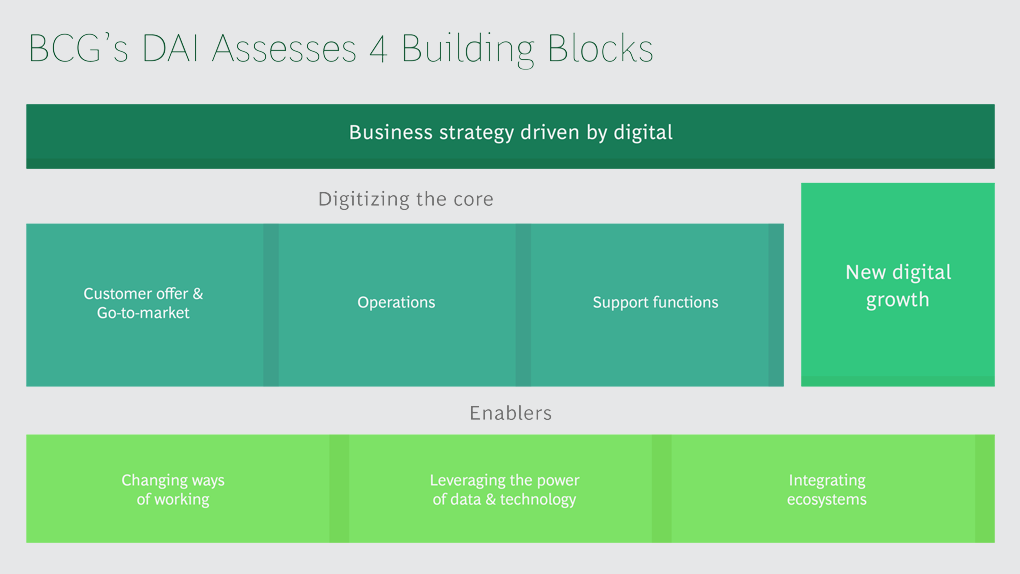
BCG Digital Acceleration Index
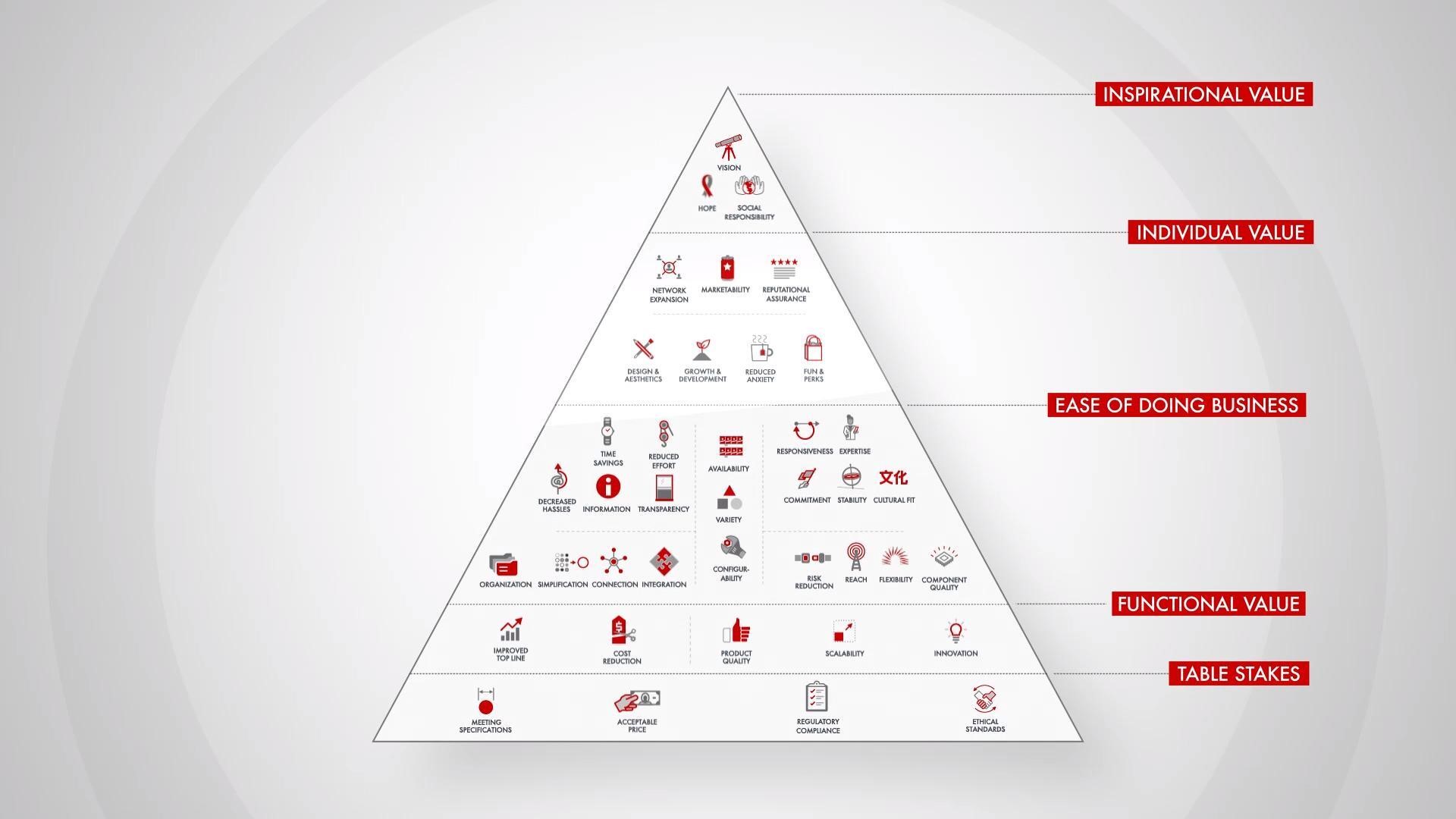
Bain’s Elements of Value Framework
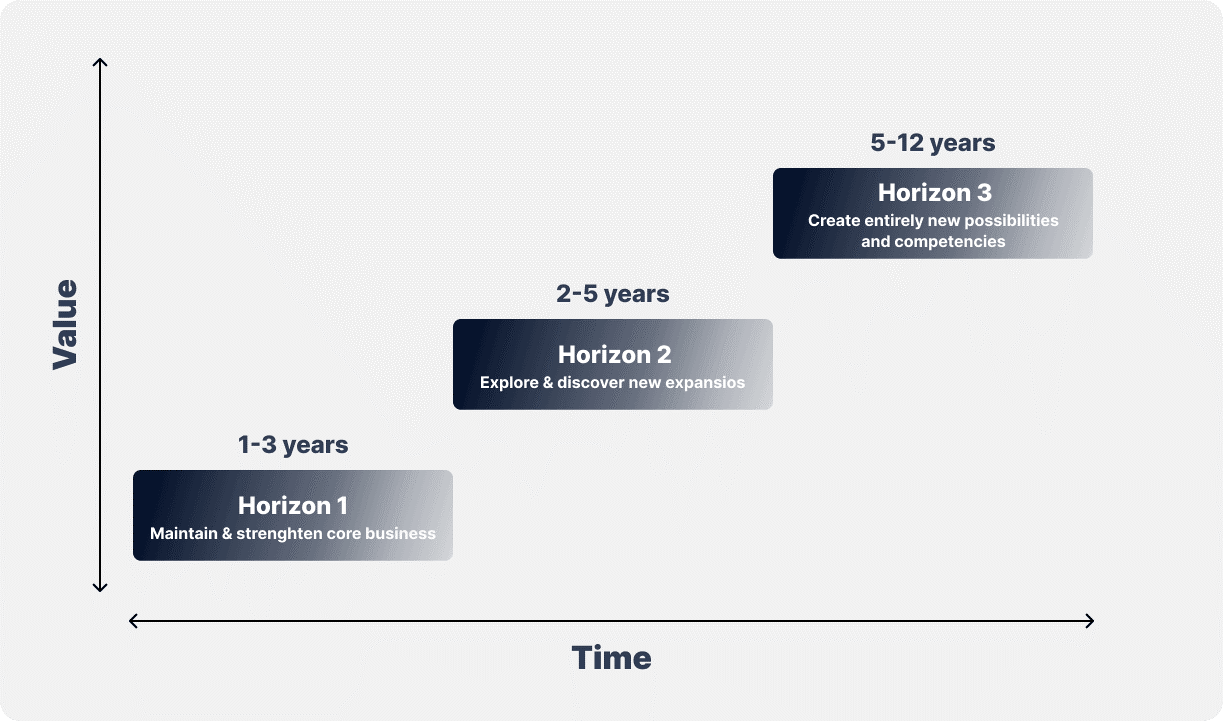
McKinsey Growth Pyramid
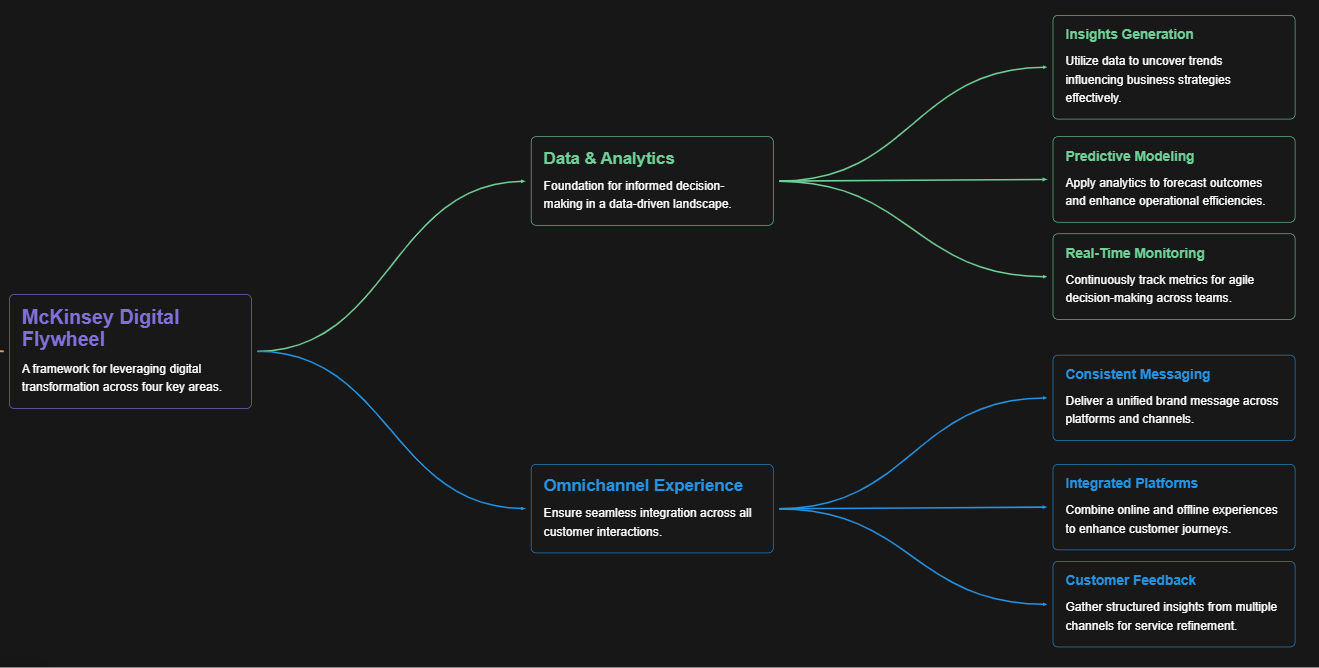
McKinsey Digital Flywheel
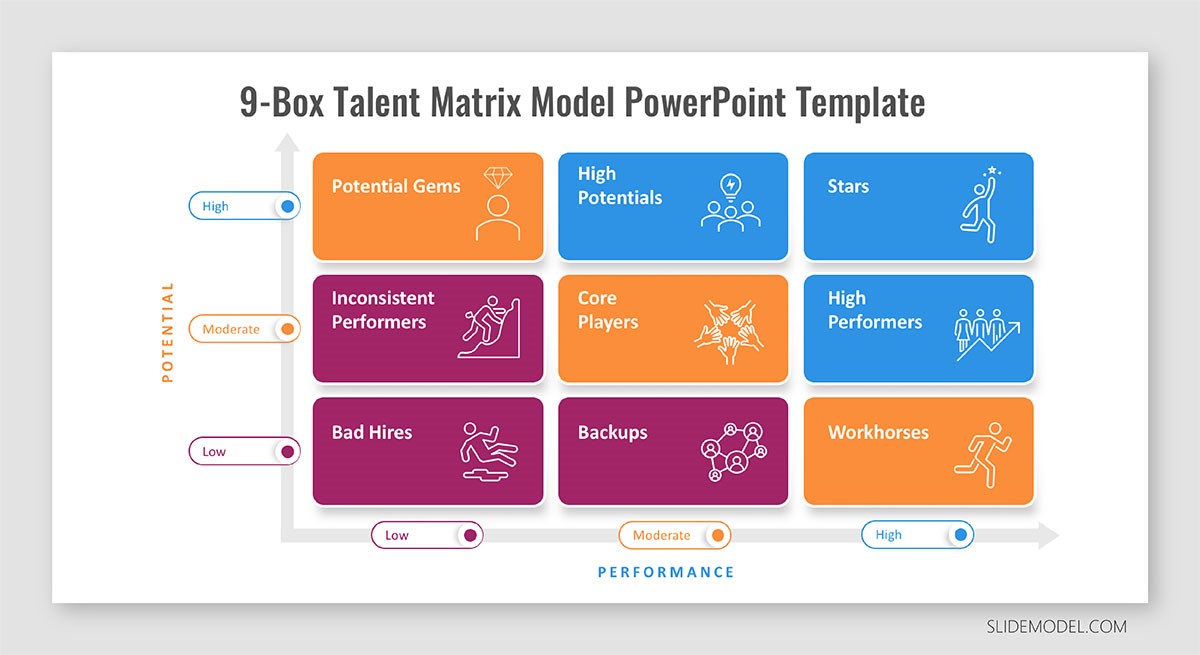
McKinsey 9-Box Talent Matrix
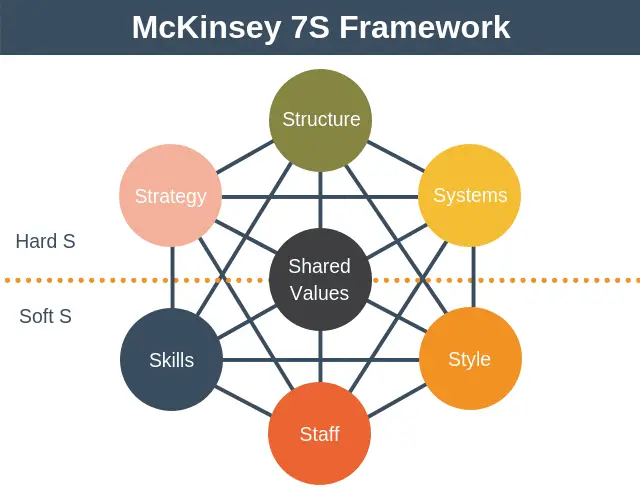
McKinsey 7S Framework
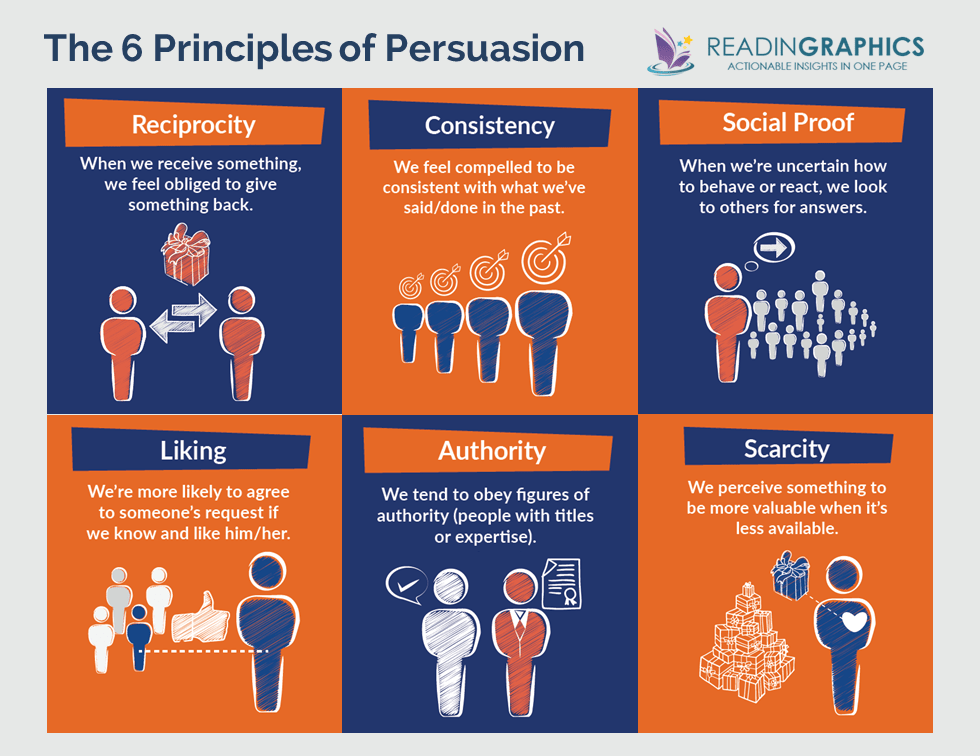
The Psychology of Persuasion in Marketing
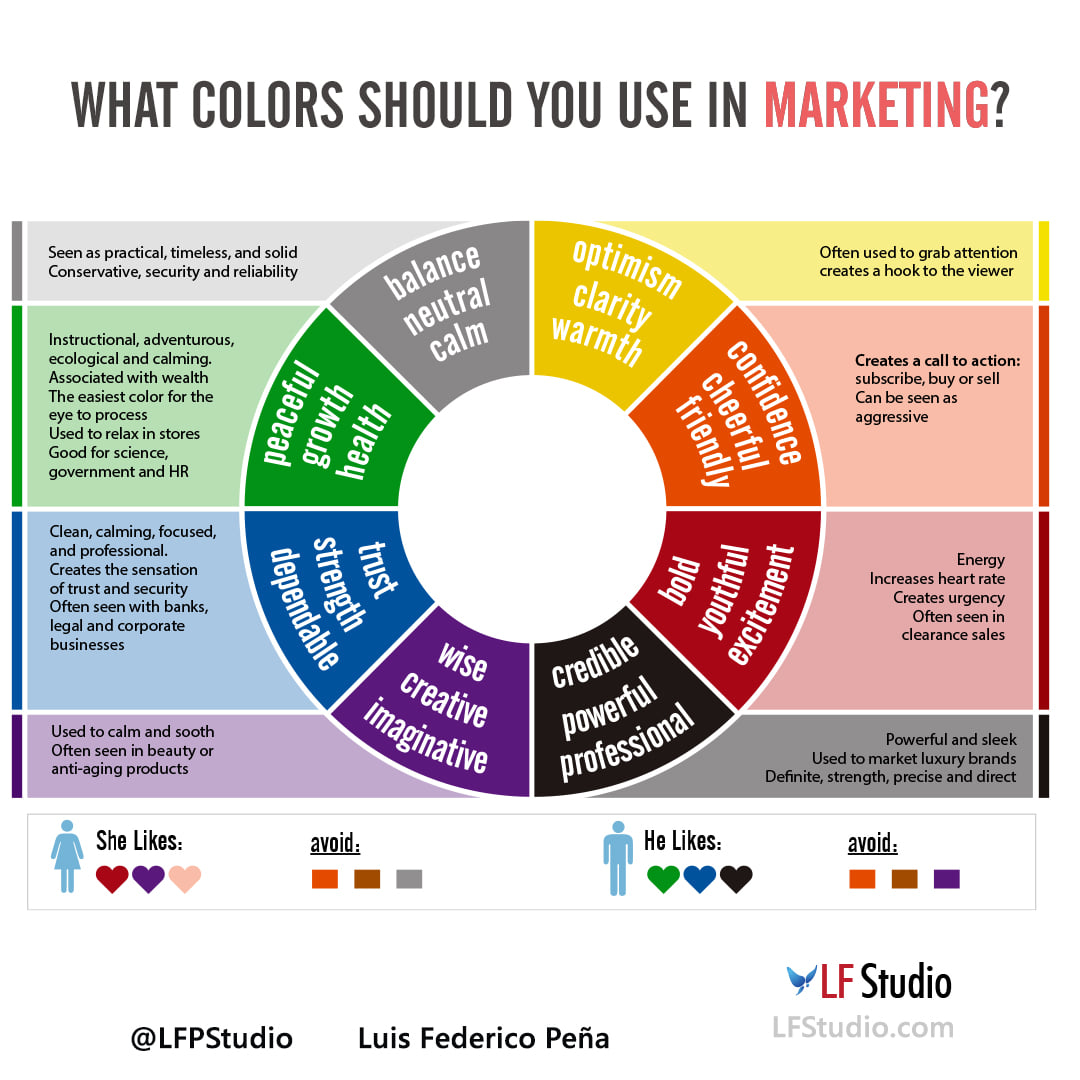
The Influence of Colors on Branding and Marketing Psychology








